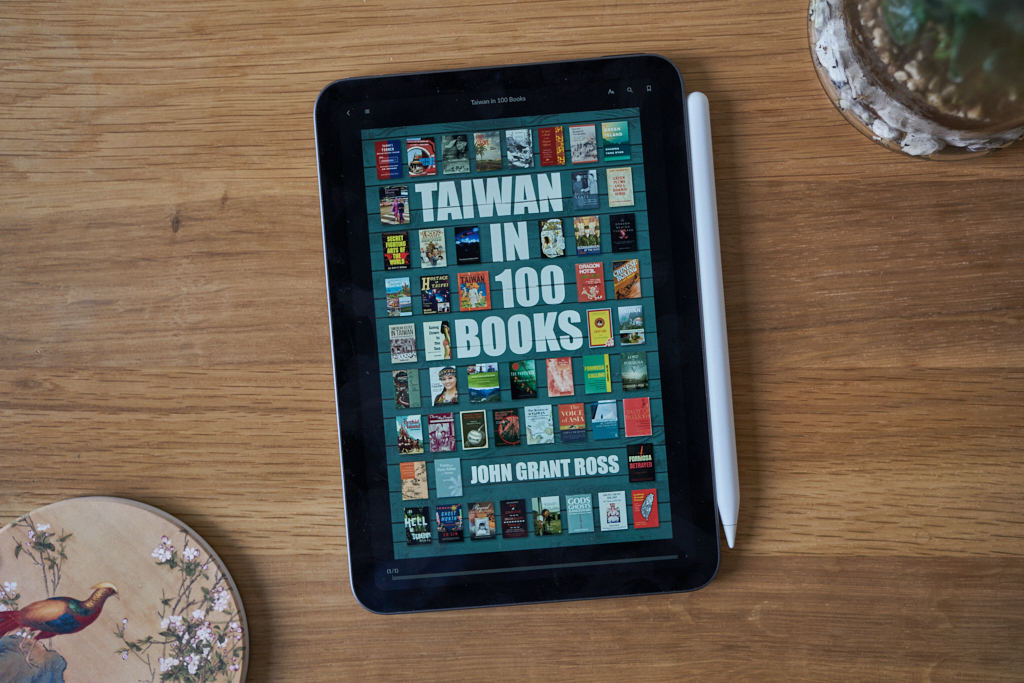Book: John Grant Ross, Taiwan in 100 Books
Rating: ★★★★★
Ross‘ book was one of the first I read on Taiwan and is still among my favourites. It reads like a kind of reading journal, or rather, like the experience you’ld have if you went to your dry-humoured neighbour (the one with shelves up every wall) to borrow a book and could not leave for the afternoon because both of you couldn’t really decide which one to pick. Ross is a New Zealander who moved to Taiwan many years ago. Living outside the main metropolitan areas, he works as a language teacher like many foreigners here, but mostly enjoys his hikes, family, beer, and quiet. His way is not the self-aggrandising way common in the contemporary American non-fiction literature. Rather, his writing style is playful, almost poetic, flavoured with historic details, snappy comments…
The deadly fight for Taiwan centered on Fort Zeelandia is Taiwan’s single greatest story. Other events in Taiwan’s history are missing some narrative ingredients and a certain X factor.
…common wisdom…
It’s hard to respect a man if his seemingly strident beliefs are so pliable that they never translate into a personal cost in the real world.
…and dark British-ish humour (pardon me, I am not familiar with New Zealand), full of self irony:
I’m glad Martinson describes the hardships of life on Orchid Island. As a curmudgeonly cynic (though I prefer to think of myself as a bruised romantic), I’m allergic to glowing descriptions of tribal life.
Taiwan in 100 books is a great start to learn more about the broad arc of Taiwan’s past, some lovely cultural details, and a few historical peculiarities – all in a way much less dry than the (recommendable) wikipedia article, but not less informative. While – luckily! – it is all but a political book, it doesn’t ignore the thundering background noise of 21st century global politics, voicing less Grand Theories but rather what is common frustration, sorrows, and inspiration among expats here.
Cole lambasts the Western world for ignoring Taiwan’s plight – a free, peaceful democracy being bullied by an authoritarian regime – and for choosing, from greed and cowardice, to side with the aggressor. And worse, many in the West resent Taiwan because, as Cole astutely states, it is “a constant reminder of our double standards…. We know what we’re doing is wrong, but we do it nonetheless. And we blame Taiwan for nagging at our conscience.” (…) And so we turn to the soft-power war, the need to promote Taiwan’s story to the world and also its strategic importance to the region. I believe books have an important role in fighting Taiwan’s good fight — not books that are little more than clumsy government propaganda pieces, not political polemics, not even war thrillers, but works that highlight and humanize Taiwan as the peaceful, tolerant civil society it is.
I would lie if I’d say that thoughts like these are not also a motivating factor for me to share more about this beautiful island and its beautiful people!
